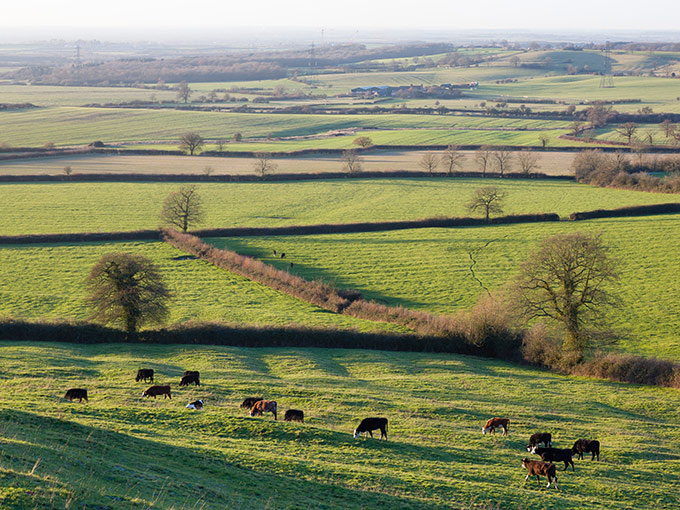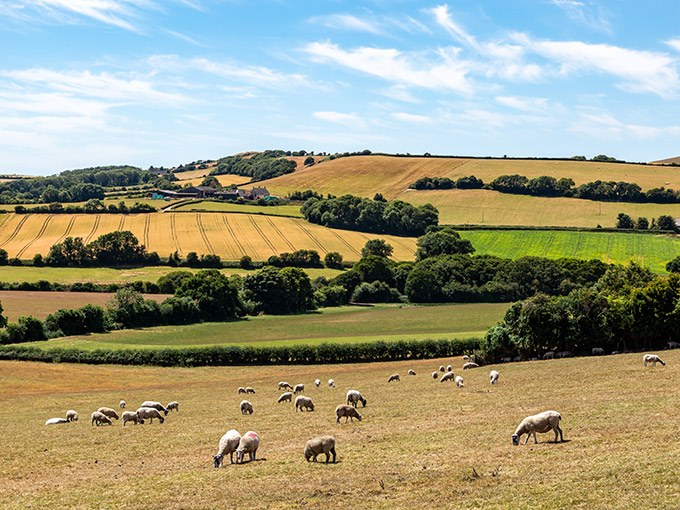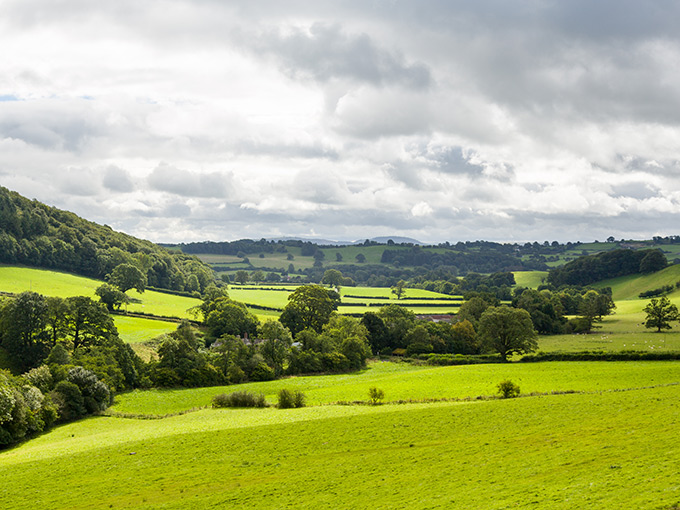Farmers can average their profits for tax purposes over two or five consecutive tax years provided certain conditions are met.
If you’re a farmer with fluctuating profits and you choose to average, you could smooth out your tax and National Insurance payments. You may also save tax and National Insurance if you would otherwise be paying higher rates of tax in some years but not others, or don’t always use your full personal allowance.
Can you make an averaging claim?
Two-year averaging applies where one year’s profits are less than 75% of the other year’s profits, or either one of the year’s profits are nil.
Five-year averaging applies where:
- The average of the previous four years’ profits is less than 75% of the fifth year’s profits,
- The fifth year’s profits are less than 75% of the previous four years’ profits, or
- At least one (but not all) of the years’ profits are nil.
Where there’s a loss, it’s treated as nil for the averaging rules, and the losses are available for normal relief.
You can only make an averaging claim:
- For farming profits (after any capital allowances claimed), and not for other streams of income such as leisure, rental or renewable energy production,
- If you’re an unincorporated farming business (ie not a company and not a contract farmer),
- Where none of the years being averaged are either the year the business started or ended, and
- If you’re using the accruals basis of accounting (note that from the 2024-25 tax year, when the cash basis of accounting is the default method of calculating trading profits, if you want to make an averaging claim you’ll need to elect not to use the cash basis).
How does farmers’ averaging work?
If the conditions are met, a farmer can average their profits over the relevant number of years and treat the average figure as their taxable profit in each of those years. This will smooth their tax cash outflow and may even result in a refund.
Averaging doesn’t change the tax return or the amount of tax and Class 4 National Insurance Contributions (NICs) you pay in the earlier years of the claim. Instead, the adjustments to your tax and Class 4 NICs liability for all years of a claim are taken into account in the latest tax year of the claim.
How do the basis period reform rules interact with farmers’ averaging?
Under the basis period reform rules, from the 2024-25 tax year, unincorporated businesses will be taxed on their profits arising in the tax year, regardless of their accounting period. This means that businesses which draw up their accounts to a date not between 31 March and 5 April inclusive, must apportion their profits or losses to match the tax year.
As part of this change, transitional rules apply so that in 2023-24 businesses will be taxed on:
- Profits arising in the business’s accounting period ending in 2023-24 (as usual under the old rules), plus
- Profits for the period from the end of that accounting period until 5 April 2024 (the ‘transition’ profits).
Businesses can deduct any unused overlap profit from the opening years of the business from their transition profits, and any remaining transition profits can be spread over up to five years.
Transition profits are ignored for the purposes of farmers’ averaging, both when considering whether averaging can be used, and in calculating the averaging adjustment.
For more on these changes see the article on basis period reform in our Land and Rural Review 2023.
How do you claim profit averaging?
Averaging claims are made in your personal self-assessment tax return. Sole traders claim in the self-employment pages and partners claim in the partnership pages. Partners can claim averaging on their share of the partnership profits independently of one another, depending on their individual circumstances.
You must make any averaging claim within 12 months of the 31 January following the latest tax year covered by the claim.
How can we help?
If you’d like to discuss farmers’ averaging or other ways we can help your agricultural business, please get in touch with your usual Saffery contact or get in touch with Martyn Dobinson.
Contact us
Partner, Manchester
Key experience










